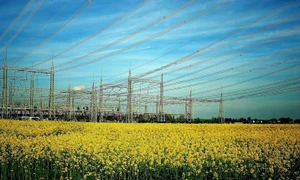
Netflix and Amazon have become hugely popular in India, which is set to grow into a $7 billion market for the sector by 2027, according to Media Partners Asia. Top Bollywood stars feature in online shows, some of which have faced criticism from lawmakers and the public for scenes deemed vulgar or offensive to religious sentiments.
The minister for information and broadcasting, Anurag Thakur, said setting up Content Evaluation Committees (CEC) by each broadcaster was among "key innovations" in the new law and will help in "robust self-regulation".
"Every broadcaster or broadcasting network operator must establish a Content Evaluation Committee (CEC) with members from various social groups," stated the draft law document, which is open for public consultation for 30 days.
The proposal however comes at a time of increasing scrutiny of streaming companies in India over content-related issues.
In July, Reuters reported the ministry had privately told Netflix and other streaming services that their content should be independently reviewed for obscenity and violence before being shown online.
Though all films in Indian cinemas are reviewed and certified by a government-appointed board, streamed content is not.
Under the new proposed law, the federal government "can define the CEC's size, quorum, and operational details" and only those shows shall be broadcast that are "duly certified" by such a committee, the draft law stated.
"A historic opportunity at liberalisation is being squandered and a paternalistic mechanism of censorship and government control has been proposed," Apar Gupta, a New Delhi-based technology policy expert, said about the content review proposal.
The law will also provide powers to the government to regulate any online creator or news media platform, Gupta added.























